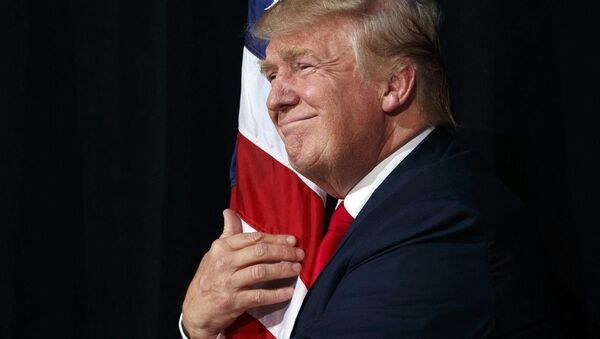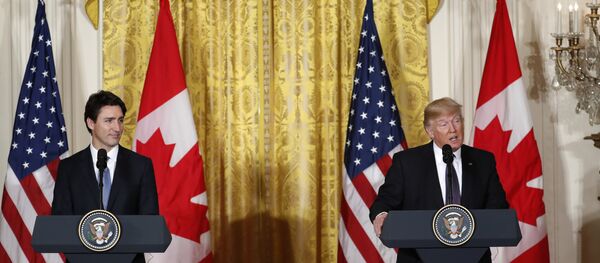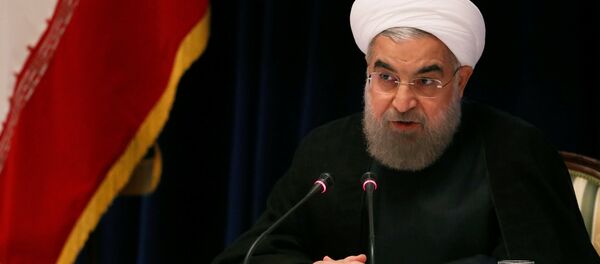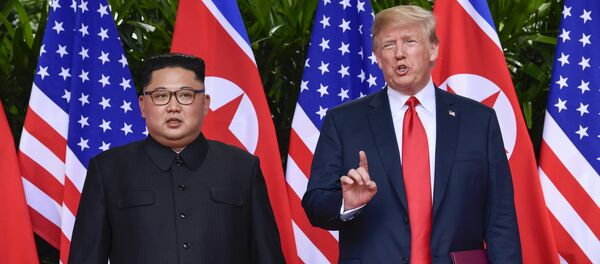However, a recently released book by journalist Bob Woodward "Fear: Trump in the White House," based on in-depth interviews with administration officials and staff, details an ongoing "nervous breakdown" in the White House, with senior officials concealing documents from Trump in an attempt to prevent him from signing them.
Sputnik has discussed Trump's foreign policy drivers with Dennis Plane, Professor of Politics, and Department Chair at Juniata College in Pennsylvania.
Sputnik: What role does the emotional factor play in Trump’s decision-making process?
Dennis Plane: Trump relies heavily on gut instincts when making decisions.
He prefers to go with what feels right without heavy reliance on evidence or even advice from his advisors. This is not quite the same thing as emotions, but it somewhat close. He is also prone to make decisions based on his sense of who his friends and enemies are.
Sputnik: Did assuming the presidency affect Trump’s character?
What becoming president has done is make the American public more aware of Trump’s character. Thus, his character seems more relevant now than in the past, but I see no evidence of a shift in his character as president.
If anything, he has kept his ruthless business attitude in the White House—a place that is usually reserved for those with a more restrained approach.
Sputnik: It’s been reported that Trump refused to listen to the Khashoggi death tape. Could such emotional evidence impact his decisions regarding the issue?
In this case, he went with the known benefit of maintaining close relationships with the Saudis rather than opening himself up to even the possibility of being persuaded by an emotionally gut-wrenching tape of the murder.
Sputnik: Speaking about psychological impacts, might Trump’s foreign policy be based on his own personal connections and impressions?
Dennis Plane: It’s hard to know how much personal connections affect Trump’s decision-making.
Most presidents take explicit efforts to separate their personal affairs from their role as president, but Trump has eschewed this tradition by putting his family members in charge of his vast empire. It seems likely that raw impressions rather than reasoned analysis of data drive Trump’s foreign policy.
Sputnik: How likely is it that Trump is simply copying the sentiments of his voter base? Do you think that Trump would have behaved differently under other circumstances?
Dennis Plane: Trump is both leading his base and being led by it. His embrace of pro-life policies is a clear example of Trump following his base. Yet in terms of immigration, Trump’s base seems to be at least somewhat following his lead.
The public was not concerned about the “caravan” of Central American immigrants until Trump starting to make a big deal out of it.
Views and opinions expressed in this article are those of Dennis Plane and do not necessarily reflect those of Sputnik.





